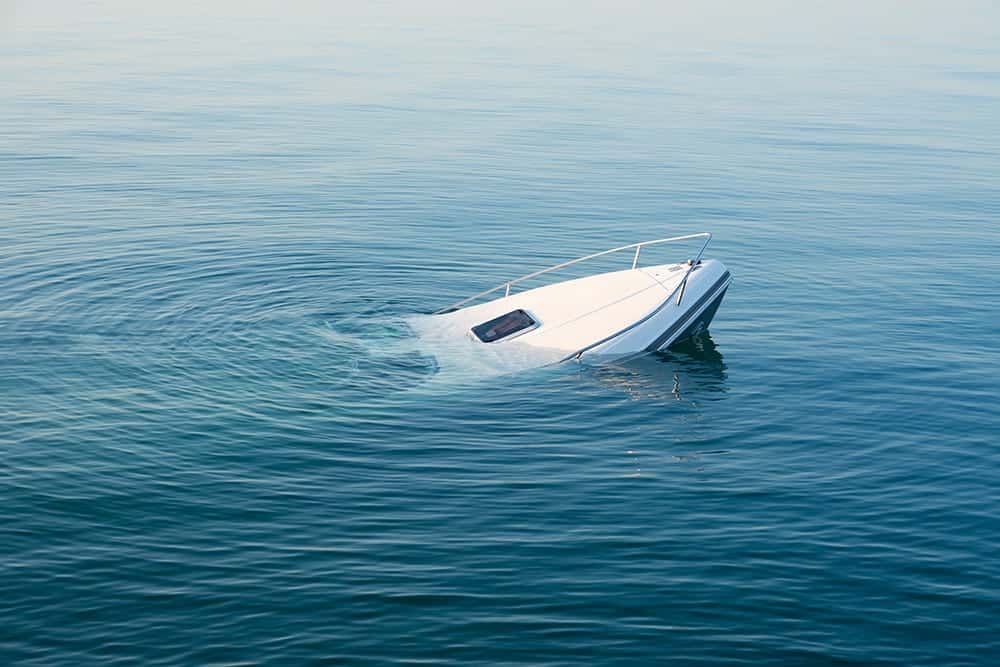Looking for Boat Insurance?
Whatever type of boat you own, from yachts and speedboats to narrowboats, it if floats and you want to put it in the water, you’re going to need at least 3rd party boat insurance.
This guide takes a look at different types of boat insurance, including what is and isn’t covered, and ways to tailor your boat insurance to suit you.

Different types of boat insurance
There are two very good reasons to take out boat insurance. One is to cover the costs of any damage you may cause to other boats and property, the other is to protect your own boat.
As with vehicle insurance, there are varying levels of cover available when taking out boat insurance:
In order to protect others on the water, you will need to show evidence of at least third party cover to marina, boatyard or waterways authorities, to be able to licence and moor your boat. Damage occurring to your own boat is not covered under this type of policy.
As the name suggests, this level of cover protects third parties and your own boat should it catch fire or be stolen.
All the cover of third party fire and theft, as well as additional cover to your boat and equipment for things like accidental damage and vandalism.
Ways to save money on boat insurance
In many ways boat insurance is similar to vehicle insurance in that there are numerous factors to consider which could save you money when taking out a policy.
Failing to secure your boat properly could result in invalidating your policy. However, fitting additional, recommended security features could reduced insurance premiums depending on your insurer. It’s a good idea to check approved supplier lists first before investing in additional security.
Just like with vehicle insurance, many boat insurers will reward customers with a history of not costing them money.
This is harder to quantify in the maritime environment but there are insurance-recognised courses and qualifications you can take that may reduce your premiums. Many of these are offered by the Royal Yachting Association.
Naturally the more valuable the boat, the greater the cost to insure. Value is important when agreeing boat insurance and it’s common to get a professional valuation from a marine surveyor. Many insurers insist on a valuation for boats over a certain age or of a particular type.
Insurers will require details of where your boat is moored and where it is stored when laid up. The greater the security arrangements, the easier it will be to insure.
As with most insurance policies, the greater the excess the lower the premiums, although the excess must be manageable in the event of a claim.

Boat insurance and additional cover
There are a range of additional options available when taking out boat insurance. Although some insurers include these as standard, it’s always advisable to check as many of these are offered as optional cover. These include:
Often covered as standard within a comprehensive policy, it’s a good idea to check the level of contents cover you have particularly for items left permanently onboard. Make sure that you have sufficient cover for any additional kit or equipment you’ve invested in.
Some insurers impose territorial limits on boat insurance. If you are taking your boat into foreign waters check with your insurer that you are covered for this. It is also a good idea to request translated copies of your insurance documents to show foreign authorities.
As it sounds, personal accident insurance covers costs to you and persons permitted onboard in the event of injury onboard.
Third party cover is often extended to trailers under standard vehicle policies, although it’s always worth checking this. This level of insurance only covers damage caused by you to other vehicles and is only in effect when your trailer is attached to your vehicle. Because of this many boat owners choose to take out additional trailer insurance
Some boat insurance policies automatically cover boats under a certain length whilst in transit, whilst others require you to opt for this as additional cover.
What’s not covered under boat insurance?
Depending on the type of boat insurance you take, most policies do not cover:
- Wear and tear
- Deliberate acts of negligence or recklessness
- Operating a boat under the influence of drugs or alcohol
- Individuals not wearing ‘kill-cords’ on crafts which require them, such as jet skis
- Losses due to not being seaworthy

Boat Insurance – Useful FAQs
Although you can insure your dinghy if you wish, most water authorities do not insist on third party insurance for small boats such as dinghies or unpowered boats such as rowing boats and canoes.
That’s not to say it’s not a good idea. Membership to certain groups sometimes includes third party insurance for these types of boats.
Yes. Many yacht and motor boat insurance policies automatically extend cover to tenders.
Standard boat insurance policies cover social and leisure use. If you use your boat for business such as fishing or commercial hire, you will need specialist commercial boat insurance.
No. In general insurers require you to take out individual policies for each vessel.

